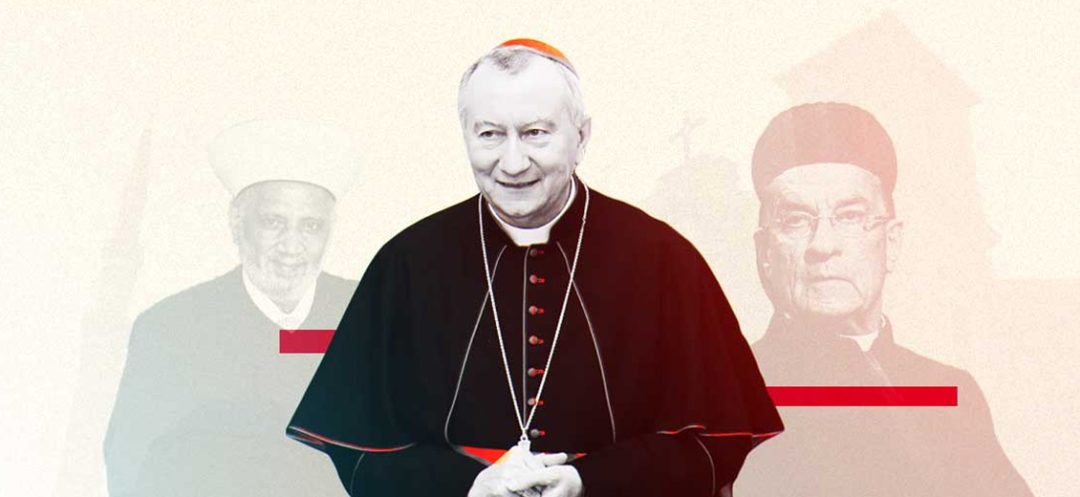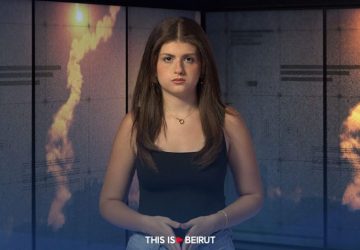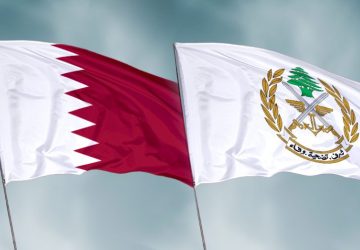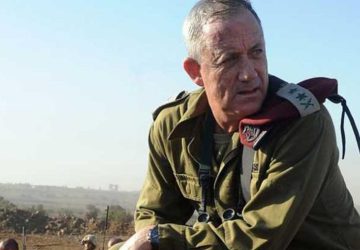Listen to this article
The significance of recent events went largely unnoticed. Following a meeting at Bkerké among religious leaders from Lebanon’s diverse communities, dual calls for peace prayers were issued—one by the Patriarch and the other by the Mufti of the Republic—emphasizing a collective rejection of the conflict in which Hezbollah has embroiled Lebanon.
In his address, Mufti Abdel Latif Deriane explicitly included invocations for the “martyrs” fallen in South Lebanon. This choice of words was deliberate, representing a negotiated concession aimed at reconciliation, as asserted by sources close to the Mufti, following his sermon denouncing acts of warfare in South Lebanon as “terrorist acts.”
While Hezbollah’s opponents view these “martyrs” as victims of an ideologically-driven war supported by Iran to extend its influence in the Middle East, the fallen individuals remain our fellow citizens, reflecting the nuanced challenge Lebanon faces.
Amidst Hezbollah’s pursuit of a war aimed at Israel’s destruction, the Lebanese government officially upholds the armistice agreement concluded with Israel in 1949. Presently, Lebanon’s Minister of Foreign Affairs is on an international diplomatic tour to convey Lebanon’s stance against unilaterally declared conflicts, emphasizing that such decisions rightfully fall within the state’s jurisdiction.
Two Projects
Two competing visions are shaping the future of Lebanon and the region: one of peace and another of war, with an independent, sovereign, and free Palestine central to both. Addressing participants at the Reunion of Aid Agencies for Oriental Churches (ROACO) two days ago, Pope Francis articulated his opposition to conflict more eloquently than anyone else.
“To those who fuel the spiral of conflicts and profit from them, I say once again: Stop! Stop! Stop, because violence will never bring peace. It is urgent to establish a ceasefire, engage in dialogue and foster the coexistence of different peoples. This is the only viable path toward a stable future. With war, an irrational and inconclusive endeavor, no one emerges victorious; everyone ultimately suffers defeat because war, from its inception, is always a loss. Let us heed the voices of those who bear its consequences—the victims who have lost everything. Let us listen to the cries of the youth, ordinary people, and nations weary of the rhetoric of war and hollow slogans that continually shift blame onto others, dividing the world into binaries of good and evil. They are tired of leaders who struggle to convene at the table, negotiate, and find solutions.”
Observers believe that only by securing a future for Palestinians can Israel truly live in peace.
Lebanon Apostle of the Abu Dhabi Declaration
Before his departure on Thursday, the Vatican Secretary of State, Cardinal Pietro Parolin, convened on Wednesday evening at the Nunciature with the follow-up committee for the Al-Azhar Declaration on Citizenship (2017), now established as an essential foundation for civil and political relations between Muslims and Christians. This interfaith committee includes former Prime Minister Fouad Siniora, the co-chairman of the National Committee for Islamic-Christian Dialogue, Mohammad Sammak, former Minister Tarek Mitri, Shiite intellectual Harès Sleiman, Notre-Dame du Mont Committee Chairman Farès Souhaid, Professor Antoine Messarra, and others.
Cardinal Parolin reiterated to his counterparts the critical importance of fostering fraternal relations between religions, echoing the principles set forth in the Abu Dhabi Declaration (2019), of which the Al-Azhar Declaration serves as a precursor. Particularly addressing Christians, he emphasized that “their significance transcends mere numbers,” in a country that conveys a pluralistic message where Islam, having embraced modernity, has relinquished its dominant position, and where the political connotation of minority status must be eliminated.
According to a historian, despite its shortcomings, the Lebanese state “has demonstrated itself as the antithesis to the Zionist-Israeli model, and to various forms of political Islamism including the Iranian agenda, along with inhumane military dictatorship regimes, and any concept of a Christian identity confined to isolation. Therefore, a fundamental reestablishment is urgently required.”
Farès Souhaid further elucidated: “In the Vatican’s view, Lebanon must champion the Abu Dhabi Declaration on human fraternity, a profound responsibility transcending political authority.”
This pivotal Christian presence must manifest promptly at the apex of the state, through the immediate election of a president, especially at a juncture where a significant regional reconfiguration is anticipated post-Gaza conflict, thinks Cardinal Parolin, through whom the voice of Pope Francis has been heard by those willing to listen. For this, we must thank the Order of Malta.





